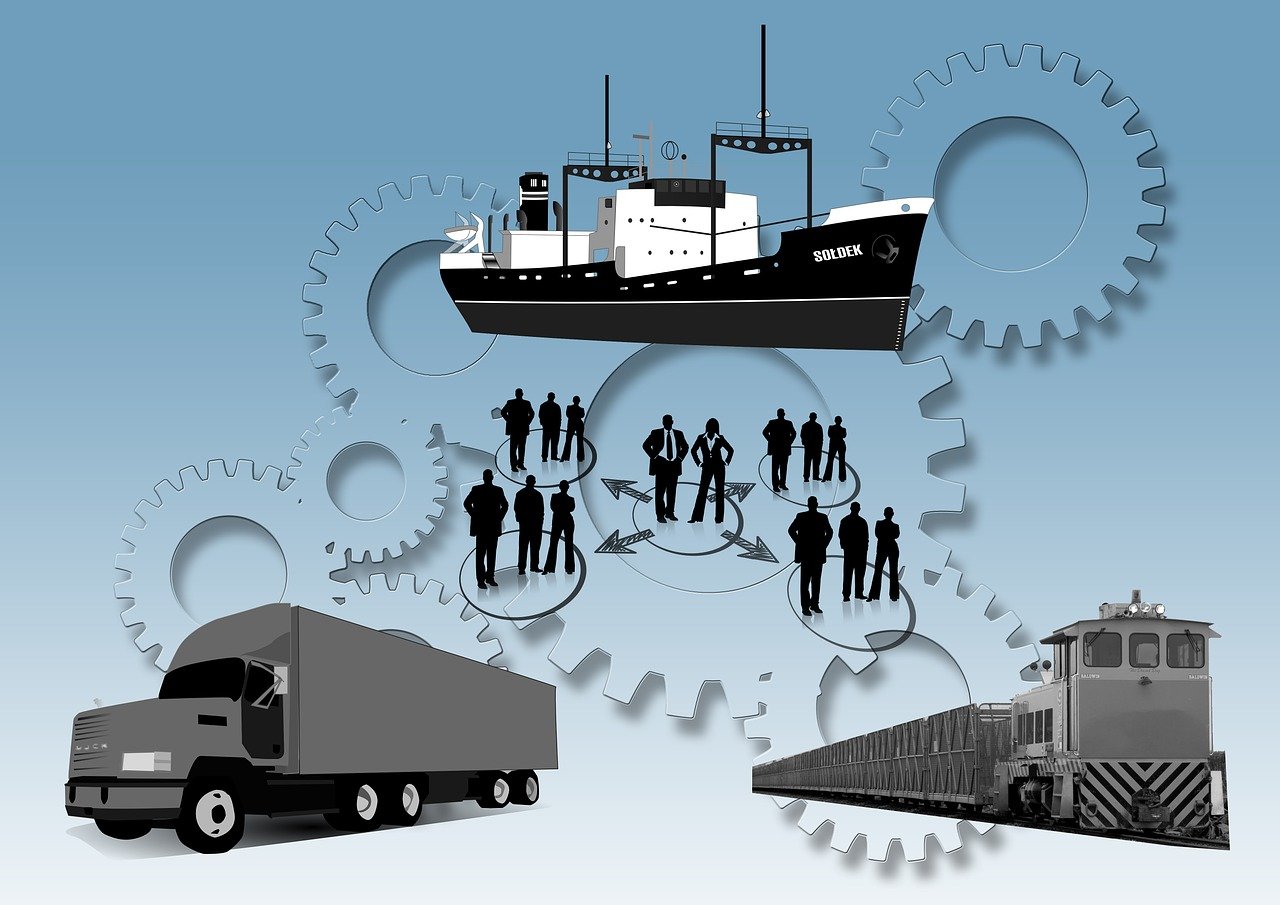
Starting a freight company in Australia can be a rewarding venture, given the country’s robust logistics and transportation industry. Whether you’re looking to transport goods locally or internationally, this guide will walk you through the essential steps to get your freight company off the ground.
Starting a freight company in Australia is a challenging yet rewarding endeavor. By following these steps and maintaining a strong commitment to safety, quality, and customer service, you can build a successful and sustainable freight business in this thriving industry. Good luck on your journey to becoming a key player in Australia’s logistics landscape!
How to start a freight company: Embarking on the Freight Industry Journey in Australia
Freight companies Australia play a vital role in the nation’s economy and logistics sector. With vast distances to cover in this expansive continent, freight companies Brisbane specialize in the efficient movement of goods, ensuring that products reach their destinations across the country and beyond.
Australia’s freight industry encompasses a wide range of services, from road and rail transportation to sea and air cargo, offering businesses and consumers reliable options for transporting goods domestically and internationally. Freight companies Melbourne adhere to strict safety and compliance standards while contributing significantly to Australia’s trade and commerce.
1. Conduct Thorough Market Research
Before diving into the world of freight, it’s crucial to understand the Australian market. Research the demand for freight services in your chosen area, identify potential competitors, and analyze market trends. Consider factors like the type of cargo you want to transport, such as general goods, perishables, or hazardous materials.
2. Develop a Comprehensive Business Plan
In your plan, outline your company’s goals, mission statement, and a clear strategy for achieving them. Specify your services, target market, pricing strategy, and financial projections. This plan will serve as your roadmap and is essential when seeking financing or investors.
3. Legal Structure and Registration
Choose an appropriate legal structure for your business, such as a sole proprietorship, partnership, company, or trust. Register your business with the Australian Securities and Investments Commission (ASIC) and obtain any necessary licenses or permits, like an Australian Business Number (ABN) and a Goods and Services Tax (GST) registration if your revenue exceeds a certain threshold.
4. Fleet and Equipment
Your choice of vehicles and equipment is crucial to your business’s success. Start with the essentials, such as trucks and trailers, and expand as your company grows. Ensure your fleet complies with Australian safety and emissions standards.
5. Insurance Coverage
Insurance coverage should include public liability insurance, cargo insurance, and comprehensive vehicle insurance. Insurance requirements may vary depending on the type of freight you transport, so consult with an insurance professional to ensure adequate coverage.
6. Financing Your Freight Company
Determine your startup and operating costs and develop a budget. Explore financing options like personal savings, business loans, grants, or investors. A well-managed financial plan is essential to keeping your business financially healthy.
7. Build Industry Relationships
Networking is vital in the freight industry. Establish connections with shippers, freight brokers, and industry professionals. Attend industry events, and conferences, and join associations like the Freight and Trade Alliance (FTA) and the Australian Logistics Council (ALC) to network and gain valuable insights.
8. Embrace Technology and Systems
Invest in transportation management software (TMS) and other technology tools to streamline operations. These systems can help you manage routes, track shipments, and handle logistics efficiently, improving your overall service quality.
9. Hire and Train Your Team
Hire experienced drivers with the necessary licenses and endorsements. Implement rigorous safety and compliance training to ensure your team operates professionally and safely.
10. Marketing and Branding
Create a strong brand identity and a professional website for your company. Develop marketing strategies such as digital marketing, social media, and targeted advertising to attract clients and raise awareness about your services.
11. Prioritize Safety and Compliance
Stay informed about industry regulations, including hours of service, weight limits, and safety protocols. Implement stringent safety measures to protect your drivers, cargo, and the public.
12. Monitor and Adapt
Continuously monitor your business’s financial performance and adapt to changing market conditions. Be open to growth opportunities, whether that means expanding your fleet, entering new markets, or offering additional services.
Frequently Asked Questions
Q1: How to Start a Freight Company?
Starting a freight company involves several steps, including conducting market research, developing a business plan, choosing a legal structure, obtaining necessary licenses, acquiring equipment, securing insurance, and building industry relationships. Successful freight companies prioritize safety, compliance, and efficient operations.
Q2: What does a Freight Forwarding Company do?
A freight forwarding company coordinates the logistics of shipping goods from one location to another, handling tasks such as booking cargo space, arranging transportation, managing documentation, and ensuring cargo arrives at its destination efficiently.
Q3: What Is a Freight Company?
A freight company, also known as a freight carrier or transport company, is responsible for transporting goods and cargo from one location to another. These companies can use various modes of transportation, including trucks, trains, ships, and airplanes, to move goods for individuals and businesses.
Q4: What is a Freight Forwarding Company?
A freight forwarding company, also known as a freight forwarder or logistics provider, specializes in arranging the shipment and transportation of goods on behalf of shippers. They facilitate the entire logistics process, from booking cargo space to managing customs clearance, making them essential partners in international region.
Q5. Can a freight company hold your freight for non-payment?
Yes, in many cases, a freight company can hold your freight for non-payment if you have not settled your transportation charges as per the agreed-upon terms. The specifics may vary depending on the terms and conditions outlined in the shipping contract or agreement between you and the freight company.
Conclusion
Whether you’re launching a freight company or relying on one to transport your goods, the freight industry in Australia plays a pivotal role in keeping the wheels of commerce turning. Its efficiency, reliability, and dedication to safety are the cornerstones of a thriving economy, ensuring that products make their way to consumers’ hands, businesses can expand, and the nation continues to prosper.










